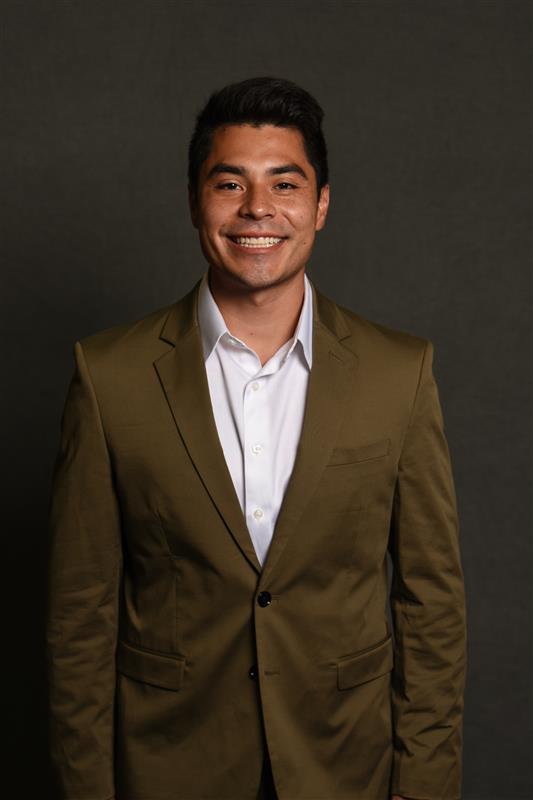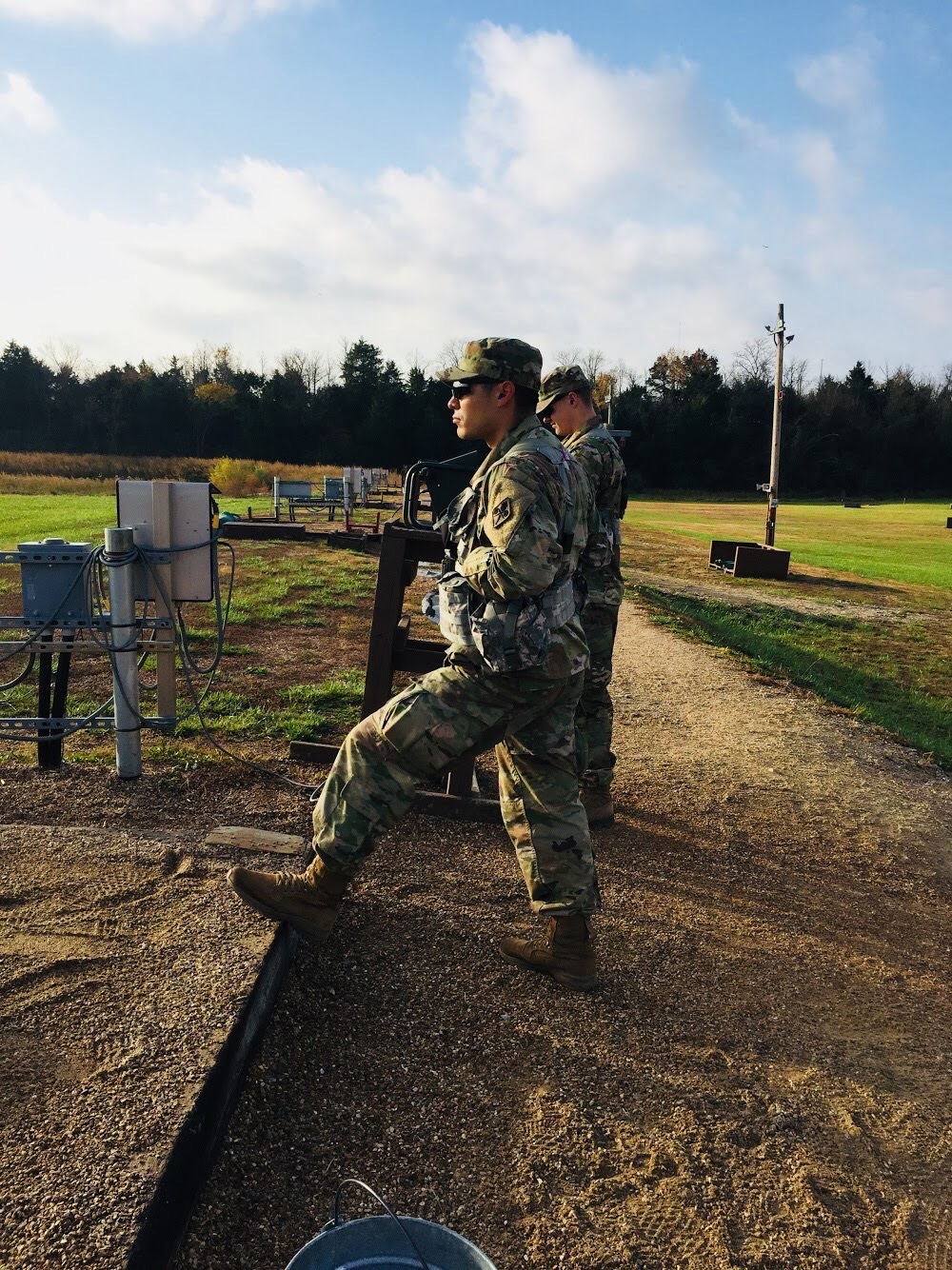
Brandon Loredo 2L comes from a long line of family who have served in the military.
“I always had it in my mind that I would like to be a Soldier,” said the San Antonio, Texas, native. “But I wanted to find out how to become a lawyer, so I could help often marginalized people who either don't know how the legal system works or don't have access to adequate representation have a fair chance at due process.”
After serving in the U.S. Army for six years, he discovered the Army's Funded Law Education Program (FLEP). He applied twice and was selected for the program.
“FLEP has allowed me to live my dream of not only serving in the Army but also helping others needing legal representation,” he said.
We spoke with Loredo, president of the University of Wisconsin Law School Military and Veterans Club, about his U.S. Army experience, motivation to pursue a law degree, post-graduation aspirations and more.
Question: Can you tell us a bit about your background and what inspired you to join the military?
Answer: I'm originally from San Antonio, Texas, but have moved around quite a bit both from my service and growing up as an Army brat. I come from a long line of family members that have served in the military, so it is something I always saw myself doing. I saw how positive the Army was to my life and my family's life, and I thought if I'm physically and mentally fit, it is not only my duty to give back to the organization that has given so much to me, but I also wanted to volunteer to serve my country, so others don't have to.
Q: What has your experience as a Chemical, Biological, Radiological and Nuclear (CBRN) Officer been like, and what are some key lessons you've learned over the past seven years in that role?
A: My experience as a CBRN Officer has been a great one. I've gotten to work with and for incredible people in a job that I loved. I've spent time all over the world, and it has been incredibly rewarding. One of the biggest lessons I've learned has been to try your best to remain calm in chaotic or stressful environments. Taking a step back can give you the second or two you need to evaluate any situation before you decide, and it may serve you better. The second lesson is a combination, but mostly just be nice to others and don't let your ego get in the way. There were many times where I needed a favor to get something done for a mission, and I was able to ask a friend for help, because we had built that relationship, and I accepted that they were probably better prepared to assist in the situation.
Q: What motivated you to pursue a law degree, and how did you become involved in the Army's Funded Law Education Program (FLEP)?
A: Growing up in the inner city of San Antonio, I saw the effect that the legal system had on my friends and family. I always had it in my mind that I would like to be a Soldier, but I wanted to find out how to become a lawyer, so I could help often-marginalized people who either don't know how the legal system works or don't have access to adequate representation have a fair chance at due process. After I had been in the Army for about six years, I found out about FLEP and applied, and I was fortunate enough to be selected during my second time applying. FLEP has allowed me to live my dream of not only serving in the Army but also helping others needing legal representation.

Q: How has your military background influenced your perspective as a student at UW Law?
A: My military background has taught me to listen to others, to recognize that people come from all walks of life, and finally, to keep things in perspective. Law school is incredibly stressful, much more than I expected. I like to think that stress from the Army has taught me that no matter how scary being on call is or how daunting finals can be, it could always be a bit worse.
Q: As the president of the UW Law Military and Veterans Club, what goals or initiatives are you focused on for the veteran community?
A: My goal and our goal for the club is mostly to provide a community where veterans who have shared experiences, questions or thoughts can have a group to voice any concerns together. I'm aiming to create a tight-knight club where people feel like they can approach each other with any concerns they may have. Additionally, the transition from service member to student can sometimes be challenging; at MVC I'm hoping to help our veteran students have a smoother transition to being a student again and really hope to establish a veteran-specific network of support through school, finding internships and eventually jobs upon graduation.
Q: How has leading the Military and Veterans Club enriched your law school experience and helped you connect with other veterans?
A: Being the president of MVC and leading a group of people with shared experiences has been incredibly rewarding. Having this network of students to go to with concerns or questions that we all might be having has been so helpful, and I'm hoping that the group will continue to grow closer as the club grows.
Q: What are your aspirations after graduating from law school, and how do you envision your military training will contribute to your future legal career?
A: Upon graduation, I will continue to serve in the Army, but as a Judge Advocate General (JAG). In my initial job, I'll serve as counsel representing the Army in any disputes where a Soldier may have violated the Uniformed Code of Military Justice. My past military training will allow me to bring a different perspective to the job, as many other JAGs have not had prior military training. My past training will allow me to effectively communicate pertinent legal information with Commanders, Soldiers and civilians through the lens of the military.
Q: Do you have any advice for fellow service members or veterans considering UW Law School?
A: Enjoy your time in law school, make sure your veterans benefits are squared away, don't be afraid to share your experiences and see if there's any training you've done so far that can help you get through school, especially the stressful times. Also, join the Military and Veterans Club!
Submitted by UW Law School Newsletter Admin on November 21, 2024